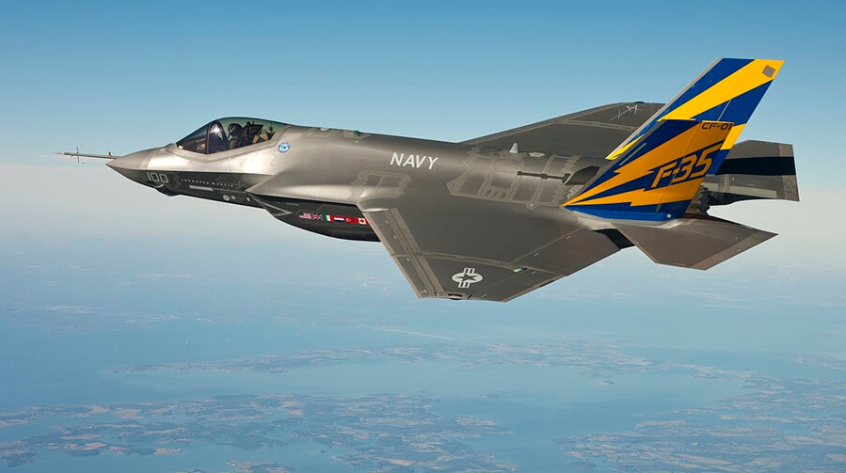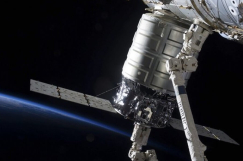
To further discourage countries like Russia and China from engaging the United States in an armed confrontation, Washington is planning to deploy not only well-trained soldiers on the ground but also machines that can "literally operate at the speed of light."
Deputy Defense Secretary Robert Work revealed the so-called "human-machine collaboration and combat teaming," which is seen as the future of America's plans for ground combat, during the annual Reagan National Defense Forum, a gathering of American national security leaders.
"The way we will go after human-machine collaboration is allowing the machine to help humans make better decisions, faster," Work said, as quoted by Defense One.
He explained that this futuristic collaboration is part of the U.S. Department of Defense's "offset strategy," which heavily invests on state-of-the-art combat technology, primarily to counter technological advancements made by nations perceived as threats to America.
"This third offset ... is really focused on the advanced capabilities that Russia and China can bring to bear," Work categorically said during the forum.
"The whole purpose is to convince them never to try to cross swords with us conventionally," he added.
Work also gave a preview of combat machines being tapped by the Pentagon to help American soldiers solve problems and gather data on the ground.
One such example, the defense official said, is the F-35 Joint Strike Fighter.
"The F-35 is not a fighter plane. It is a flying sensor computer that sucks in an enormous amount of data, correlates it, analyses it and displays it to the pilot on his helmet," Work explained.
"We are absolutely confident that F-35 will be a war winner. It's because it is using the machine to make the human make better decisions," he added.
The deputy official also predicted that machines will be deployed by the US in combat frontlines a decade from now.














